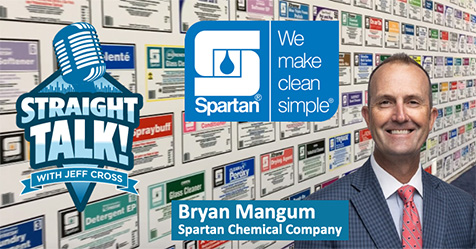Researcher Makes Restroom Accessibility Her Life’s Work
Woman travels the world to study toilets
Restrooms many be the last thing on people’s minds as they create social programs, set up facilities, and plan other “important” activities and events that are part of modern-day life. But restrooms can make or break a location, an experience, or an event, an Australian social planning researcher has found, Vice reports.
In the course of her work, Katherine Webber has collected many stories regarding people’s connection with public restrooms and analyzed how access, or lack of access, to these facilities has affected their daily decisions. For instance, a colleague refused to eat or drink anything at work so she could avoid using the restroom at her office. A relative never left the house for fear of not finding a restroom. Webber is analyzing how better access to hygienic public restrooms can change people’s habits and ultimately their lives.
Thanks to a grant, before the pandemic Webber traveled the world to experience first-hand the variety of public restrooms around the world, including Germany, India, and the United States. She has experienced clean and welcoming restrooms that were still problematic, such as restrooms along the German Autobahn that, although they were pleasant to use, required people to pay to fulfill an essential bodily function. She also saw her share of unkept facilities, such as a public restroom in a park in New York with half the door cut off that lacked toilet paper and smelled horrible.
In many areas she found a lack of restroom facilities lead to many people, such as delivery workers, urinating in bottles. When restrooms where available, she found many were unusable for people with disabilities and special needs as well as for parents trying to feed their infants or change their diapers.
She learned that public restrooms have become battleground in the recognition of transexual and gender diverse people’s rights, with some communities trying to regulate who can and cannot use a restroom.
Comparing all the restrooms she experienced, one thing remained consistent: clean and accessible restrooms are crucial for everyone to participate fully in society. “It dawned on me that of course if people can’t confidently access a toilet, you aren’t going to get full participation and you can’t create a truly inclusive community,” she said.

